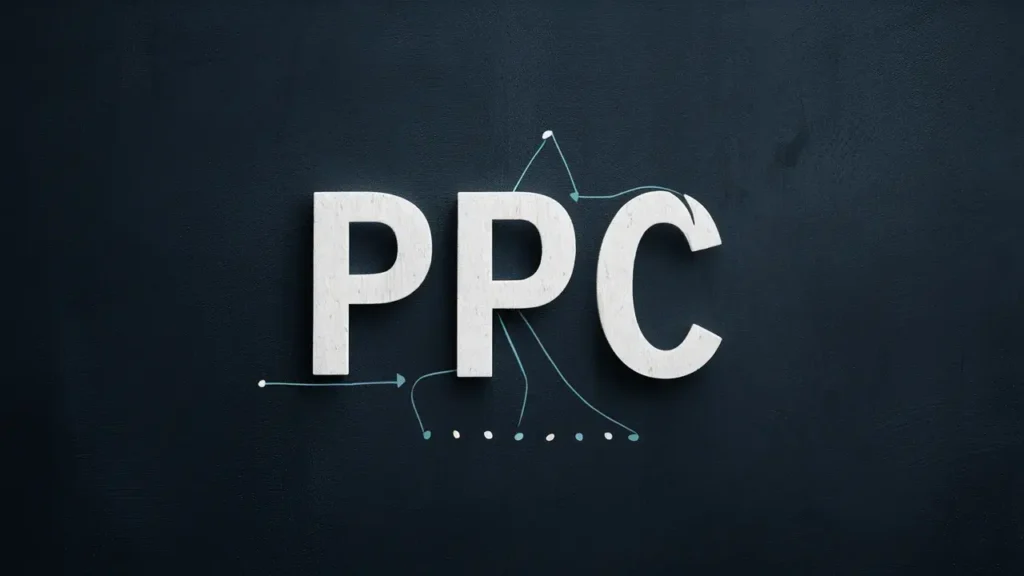Pay-per-click (PPC) advertising is an essential digital marketing strategy that allows small businesses to compete with larger companies. By leveraging PPC, small businesses can increase their online visibility, drive targeted traffic, and ultimately boost their sales cost-effectively. To achieve this effectively, partnering with the best PPC company can provide the expertise and resources needed to maximize your PPC budget while ensuring optimal results.
With the right strategies, small businesses can secure their spot in the digital marketplace. This article dives into various effective PPC strategies tailored for small businesses, ensuring they maximize the value they receive from their marketing investment.
The Importance of Targeting the Right Audience
One of the most crucial components of a successful PPC campaign is targeting the right audience. With proper audience targeting, businesses can save their advertising budget on clicks that convert into sales. Determining your target audience based on demographics, interests, and online behavior is crucial to avoiding this trap. With powerful targeting options provided by platforms like Facebook Ads and Google Ads, businesses can efficiently connect with the people who matter most to them.
Defining Your Target Audience
Effective audience targeting starts with understanding who your ideal customers are. For example, a small local bakery should target individuals within a particular radius who are interested in pastries and home baking. It’s critical to take age, gender, region, and hobbies into account when identifying your target audience. Limiting the audience to people who are more likely to become customers after seeing your advertising can increase the effectiveness of your PPC campaign.
Utilizing Advanced Targeting Features
Advertising platforms provide advanced targeting features to help further refine your audience. One way to reach users actively studying or comparing items and services comparable to yours is through Google’s in-market audience targeting. Utilizing such advanced features can enhance the precision of your campaigns, ensuring your ads are displayed to individuals with a higher potential to convert. This approach not only maximizes the effectiveness of your ads but also optimizes your ad spend.
Crafting Compelling Ad Copy
Ad copy is critical to capturing the attention of potential customers. Compelling ad copy should be clear and concise and directly address your target audience’s needs or pain points. To get users to click on your advertisement, it is crucial to draw attention to the special features of your good or service and have a compelling call to action (CTA).
Elements of Engaging Ad Copy
Creating compelling ad copy involves crafting a headline that immediately grabs attention. This should be followed by a succinct description that emphasizes the benefits of your offering. A clear and enticing CTA, such as “Shop Now” or “Learn More,” is crucial for driving user engagement. It is important to continually refine your ad copy to keep it relevant and appealing to your target audience.
Testing and Optimizing Your Ad Copy
Regularly testing and optimizing your ad copy can improve click-through rates and conversions. You may find out which versions work best by A/B testing headlines, descriptions, and call-to-actions. Utilize the data from these tests to make informed decisions and refine your ad copy for better results. This iterative approach ensures that your ad copy remains effective and resonates with your audience.
Optimizing Landing Pages for Better Conversions
The ultimate goal is to convert website traffic into consumers; attracting visitors to your website is only half the battle. To guarantee a flawless user experience, you need an optimized landing page that matches your advertisement copy. Factors to consider when optimizing landing pages include load speed, mobile friendliness, and a clear, compelling CTA.
Creating Seamless User Experiences
Ensure that your landing page fulfills the promise stated in your advertisement to provide a flawless user experience. Consistency in the language of your landing page and ads promotes visitor trust. It’s also crucial to ensure your landing page is simple to utilize and has all the information visitors require to make an educated choice. Because a well-designed landing page keeps visitors interested and motivates them to act, it can dramatically increase conversion rates.
Essential Landing Page Elements
For increased conversions, your landing page should include a compelling headline, obvious benefits, social proof in the form of endorsements or reviews, and a compelling call to action. Exceptional photos or videos can also improve user interaction and boost interest. Because more and more people are accessing websites from smartphones and tablets in today’s digital landscape, it is imperative that your landing page loads quickly and is mobile-friendly.
Utilizing Analytics to Refine Your PPC Strategies
Data and analytics are invaluable tools for refining and improving your PPC campaigns. Key indicators like cost-per-click, conversion, and click-through rates can be analyzed to find areas for development and help you make informed decisions. Comprehensive data is available from tools like Google Analytics to help you better manage your marketing and understand customer behavior.
Monitoring Campaign Performance
It’s critical to consistently assess the efficacy of your PPC campaign utilizing resources like Google Analytics and the analytics capabilities built into your advertising platform. Seek patterns and insights that will provide you a better understanding of how people engage with your landing pages and advertisements. Monitoring these metrics allows you to identify strengths and weaknesses in your campaigns and make informed adjustments to improve performance.
Making Data-Driven Decisions
Use the data you collect to adjust your targeting, ad copy, and landing page elements. For example, if you notice a high bounce rate on a specific landing page, consider optimizing the page’s content or layout to meet user expectations better. Continuously iterating based on data ensures that your PPC campaigns remain effective and efficient. By leveraging analytics, you can refine your strategies, achieve better results, and maximize the return on your PPC investment.








